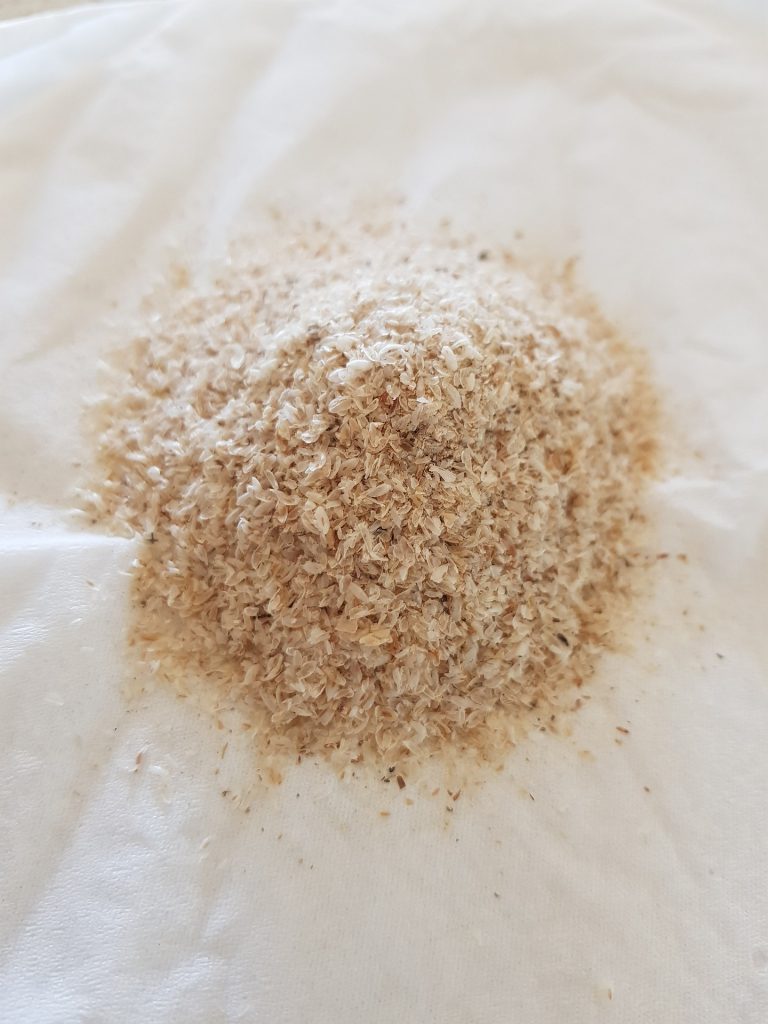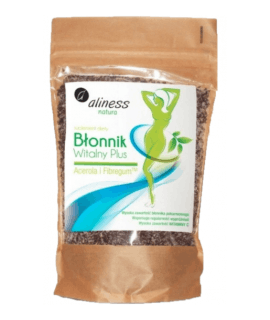As a medicinal plant, Psyllium has been known since ancient times (both in Europe and China). For years they have also been used in natural medicine. Due to their low soil requirements, they can be found almost everywhere - from fields and meadows to the lawn in front of the apartment building or seaside sands. Depending on the species, they differ slightly in their properties.
Psyllium - for coughs and wounds
Psyllium is known primarily as an aid in the treatment of colds, especially upper respiratory tract infections, as well as inflammation of the mouth and throat.
In this case, infusions and decoctions of dried leaves are usually used. They are most often used as a cough suppressant. They have a slightly expectorant and anti-inflammatory effect, and the mucous compounds contained in them have a protective effect. They are used externally (after cooling) to wash irritated eyes.
The fresh juice from the leaves of psyllium is also used in natural medicine. It is used as an antibacterial agent and to promote healing in wounds that are difficult to heal. Since ancient times it has also been recommended for making poultices for burns, insect bites, and to help to stop bleeding.
Psyllium for better digestion
It is not only the leaves that can be beneficial. The small, ripe seeds, when dried, are a valuable food as well as a natural remedy.
The dietary fiber contained in the seeds supports the functioning of the digestive system. Not only does it improve its work, protecting against constipation, but also supports metabolism and cleansing of the body. No wonder fans of healthy eating love it.
Psyllium seeds in contact with water swell and produce mucus, which facilitates the movement of contents lingering in the intestines. This mucus has a protective effect on the intestinal mucosa. Studies have shown that these properties of Psyllium seed husks help relieve symptoms of irritable bowel syndrome. However, when taking it, one should remember to drink more water.







